9th Festival of Thoughts in Kyiv: ZMINA discussed life in the occupied territories and engaged visitors in interactive activities
On 20 September 2025, the 9th Festival of Thoughts took place at the Art Factory Platform in Kyiv. This annual event brings together human rights defenders, experts, artists, public figures and a wide audience to discuss the key challenges of today.
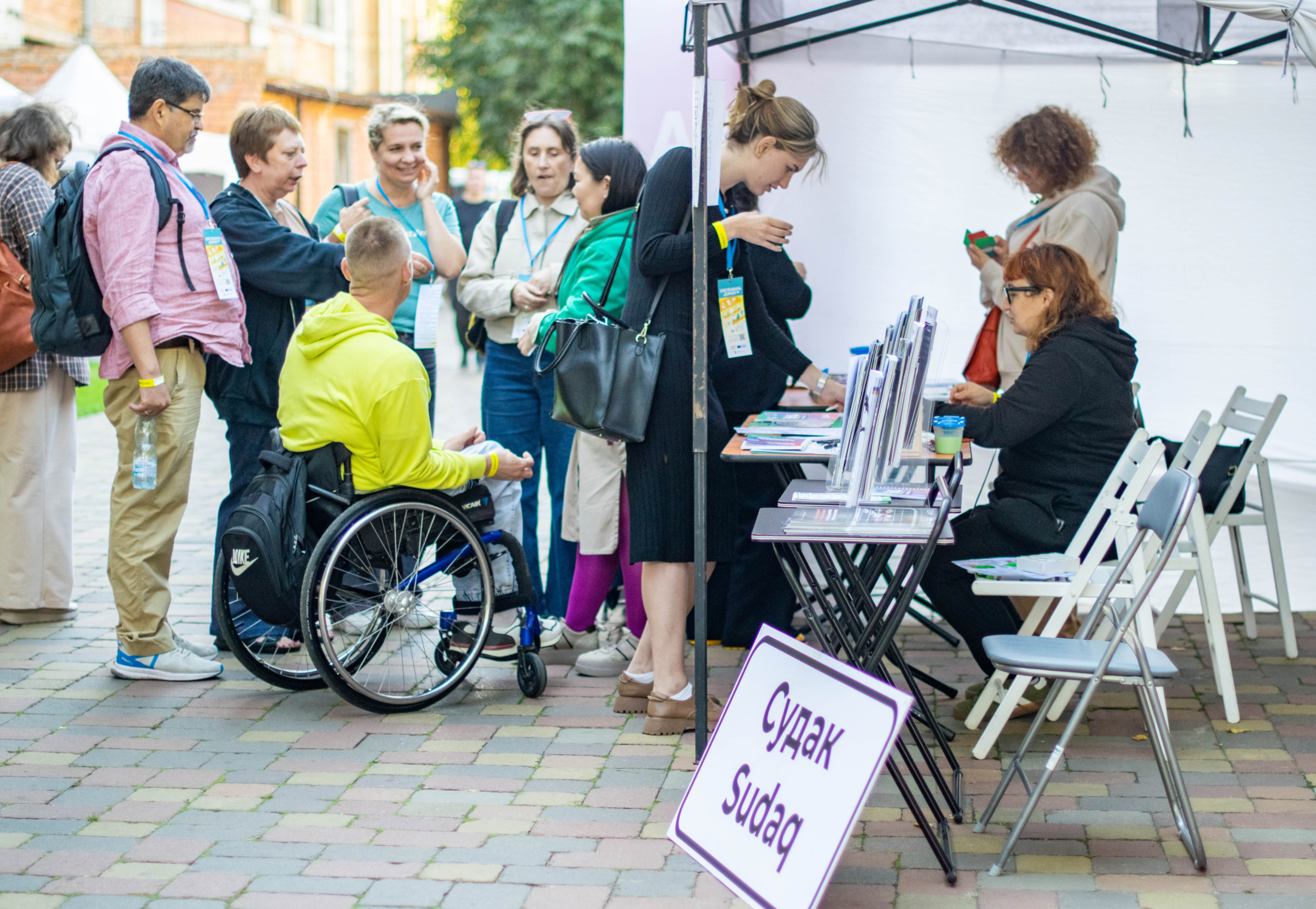
This year’s event featured dozens of locations, installations, and discussions. Among them was the Alley of Thoughts, which featured the Human Rights Centre ZMINA’s space.
Throughout the day, visitors could take part in an interactive game called “Facts and Myths about Temporarily Occupied Territories” and receive themed gifts for correct answers. For those who were unable to attend the festival, the game is available online on the ZMINA website.
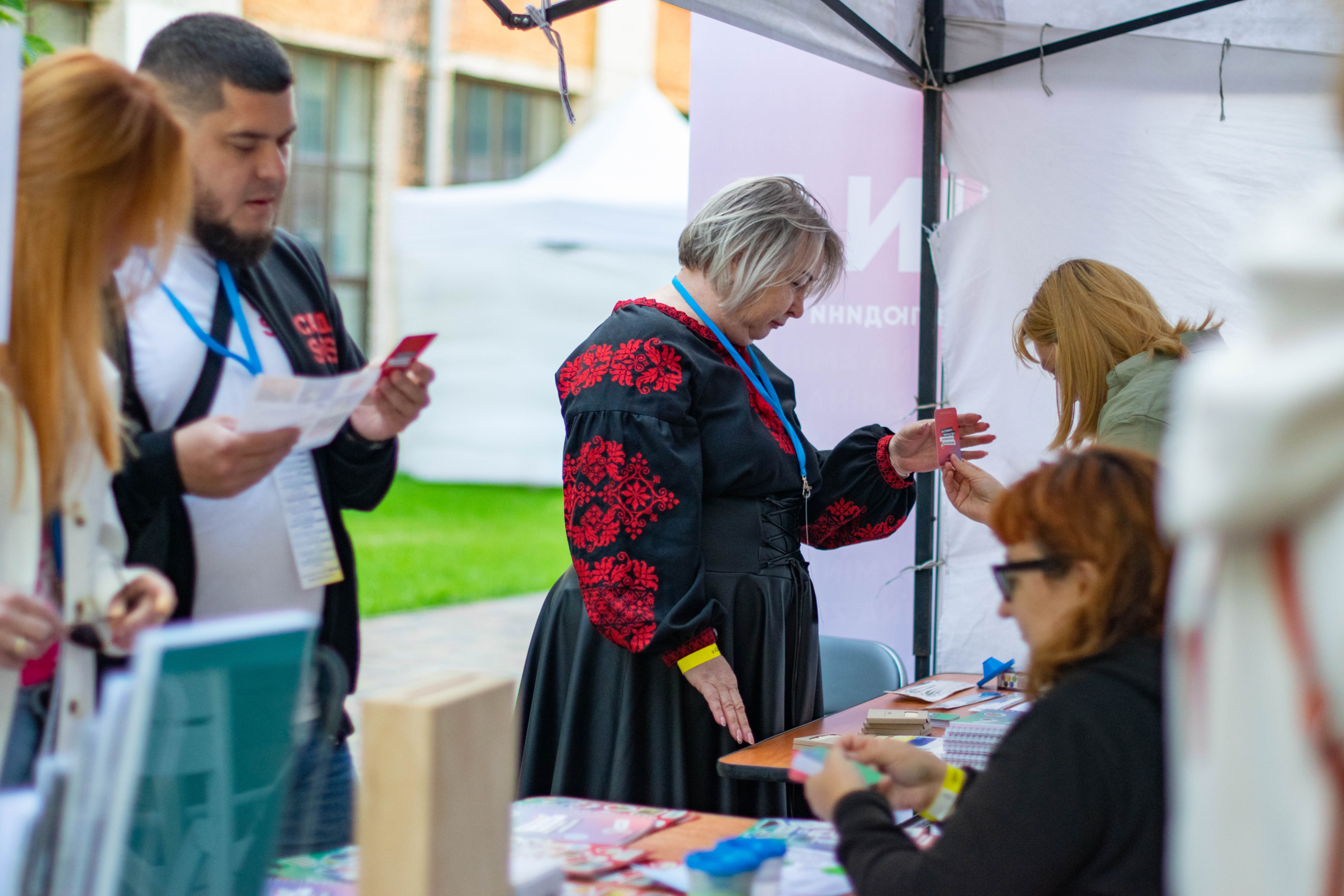
In addition to the game, visitors to the location could colour in themed illustrations and take them home with them as a reminder of the important issues raised by ZMINA. Our space also featured the organisation’s information materials on the occupation and its consequences — these sparked lively conversations among guests who stopped to learn more about the realities of life under temporary occupation. The photo exhibition “Crimea through the eyes of citizen journalists” attracted particular attention. Twelve photographs taken by Crimeans who were forced to become journalists after the destruction of independent media on the peninsula told the story of everyday life under occupation: arrests, searches, trials. They gave a sense of the disturbing atmosphere of life that Russia is trying to hide from the outside world.
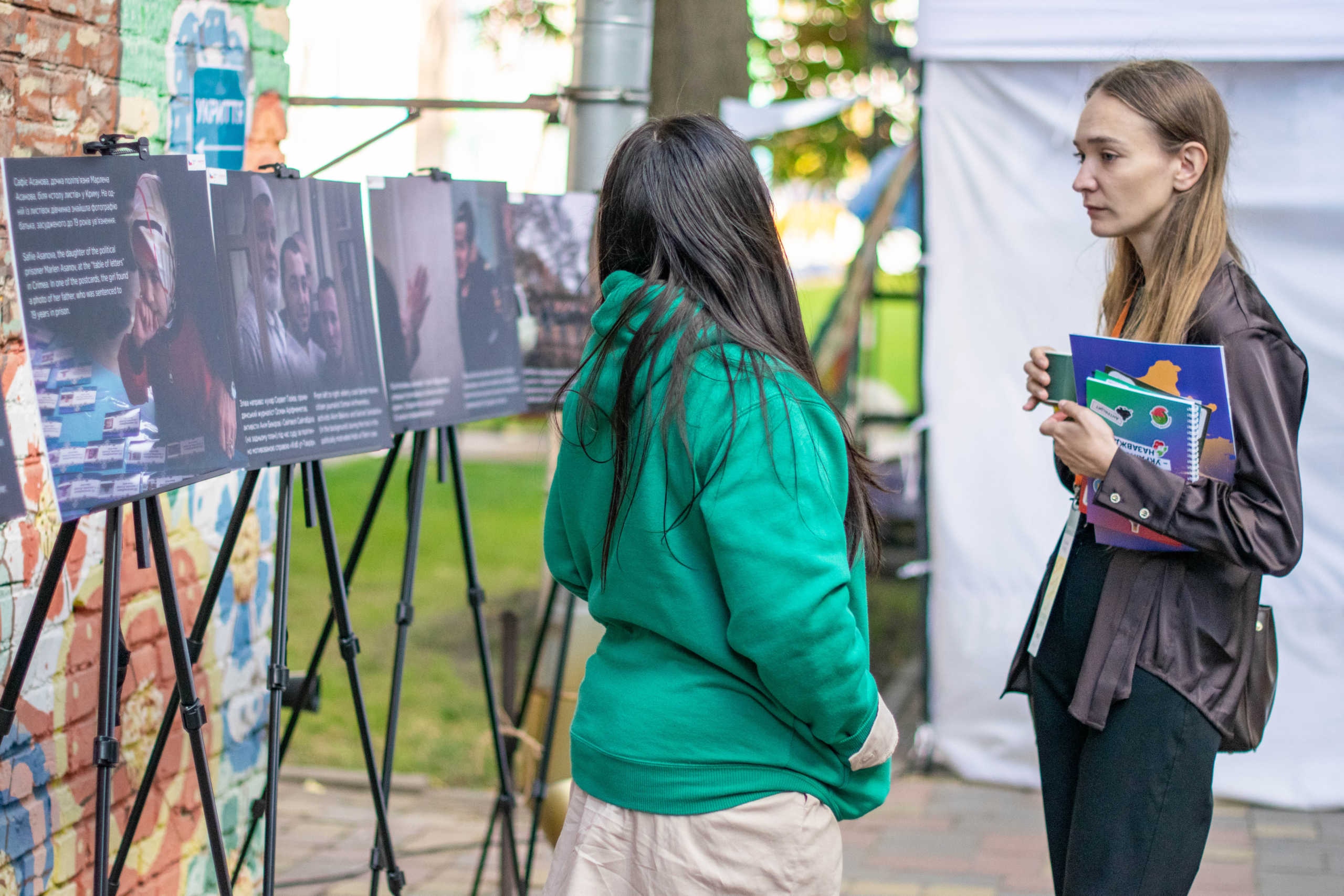
Next to the ZMINA space, there was an initiative called “Letters to Free Crimea”, organised by the Mission of the President of Ukraine in the Autonomous Republic of Crimea, Crimea SOS, the Human Rights Centre ZMINA, and Crimea Daily. Here, everyone had the opportunity to write words of support to the Kremlin’s political prisoners.
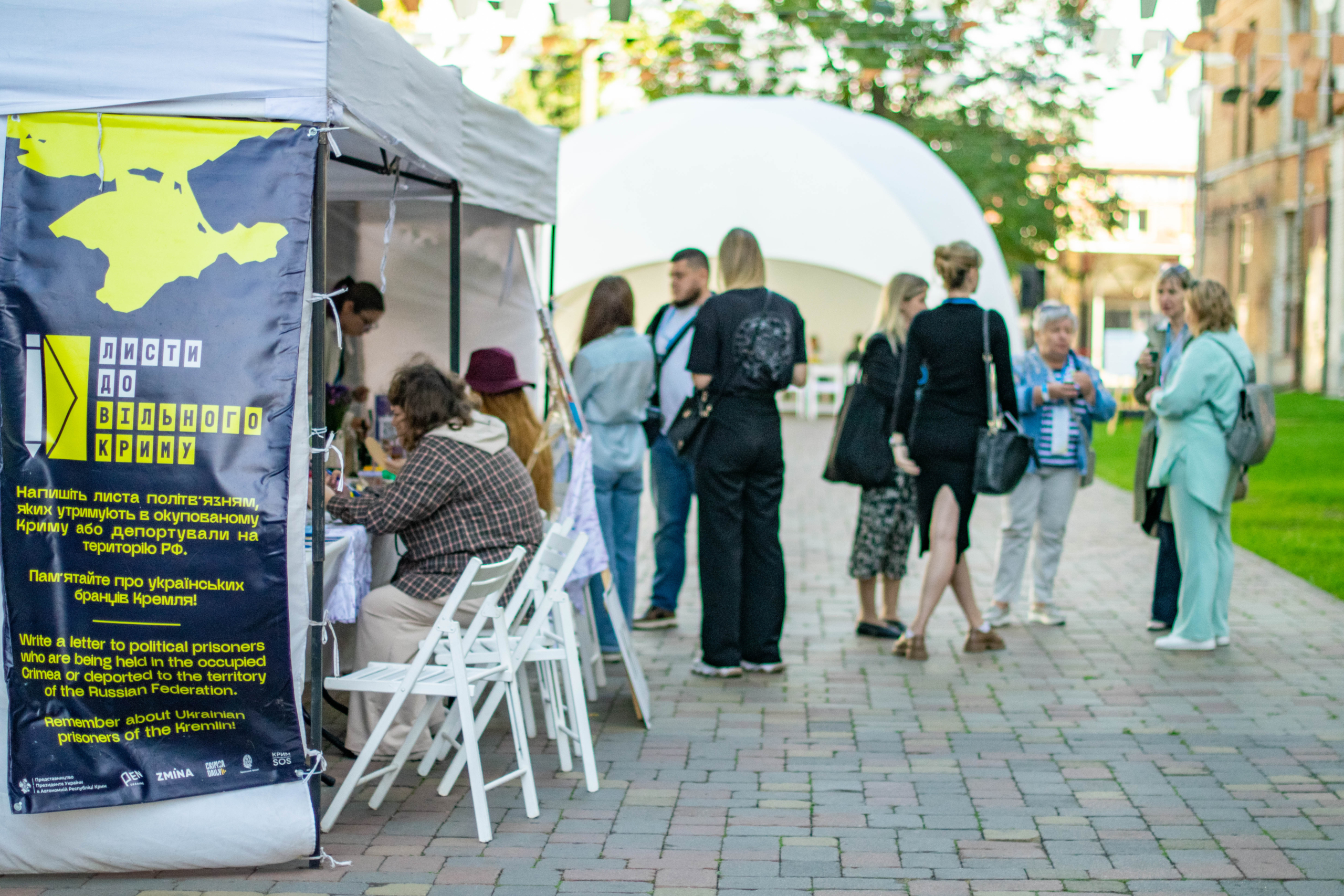
At the Festival of Thoughts, the Charitable Foundation EAST-SOS and the NGO Vshanui created a “Wall of Remembrance” where everyone could write the names of those who are no longer with us, but whose memory endures as a testament to a life lived with dignity and gratitude.
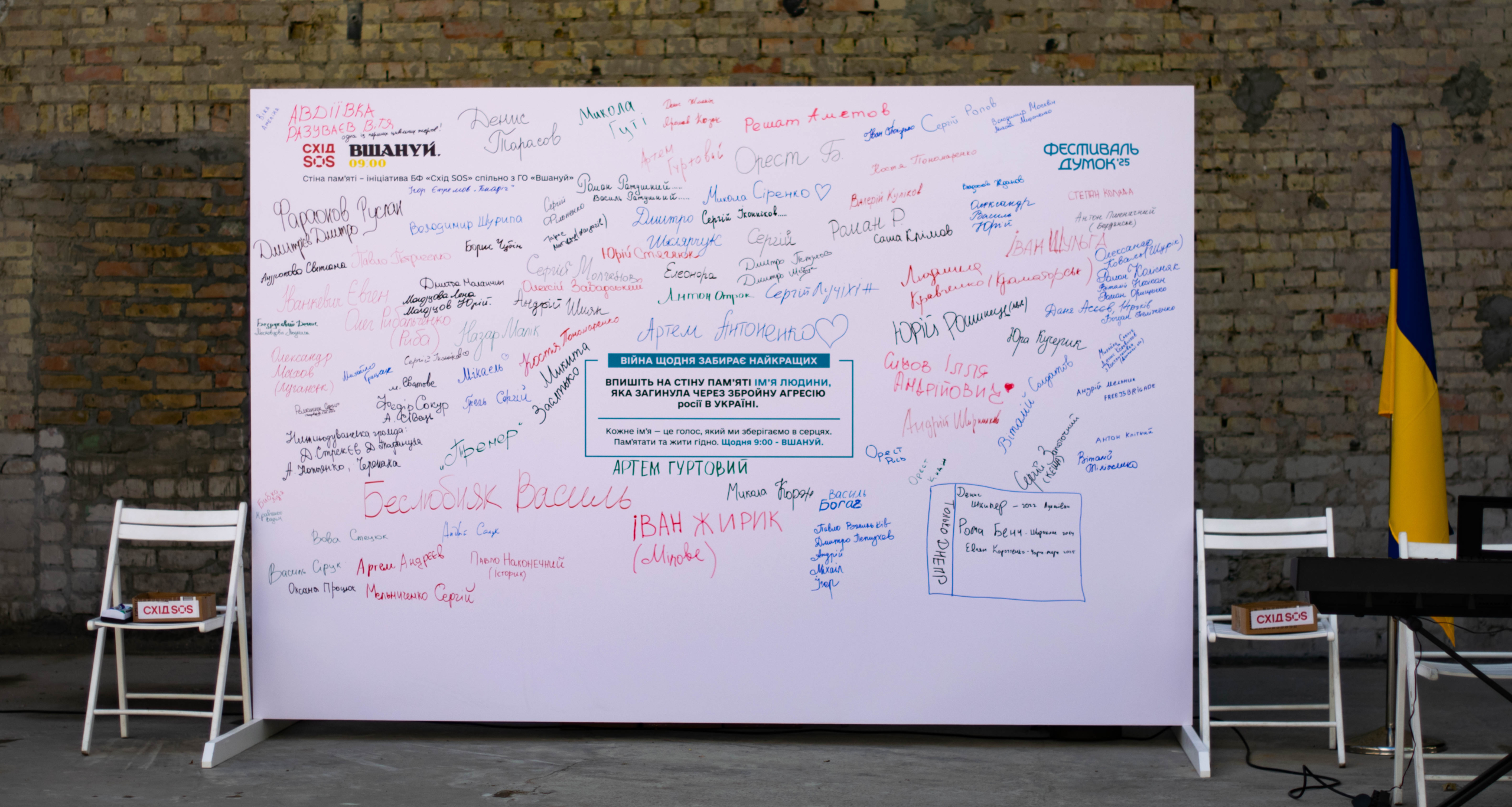
The festival programme also included dozens of other diverse events:
- A fair of interesting things and a photo zone called “Hold the Moment”;
- Trainings on basic psychological and first aid;
- Installations and exhibitions — “Chronicles of Evacuation”, “Civilians in Captivity: Stories of Unlawful Detentions”, “The Queue of Life: Voices”;
- Live broadcasts from the festival on Hromadske Radio and Nakypilo Radio.
An important event of the festival was the panel discussion “Invisible, Dangerous, Occupied“ organised by a coalition of human rights organisations working to protect the rights of residents of the temporarily occupied territories, including: the Human Rights Centre ZMINA, NGO Donbas SOS, NGO Crimea SOS, Charitable Fund Right to Protection, Charitable Foundation EAST-SOS, NGO Civil Holding GROUP OF INFLUENCE, Charitable Foundation Stabilization Support Services, and the Crimean Human Rights Group.
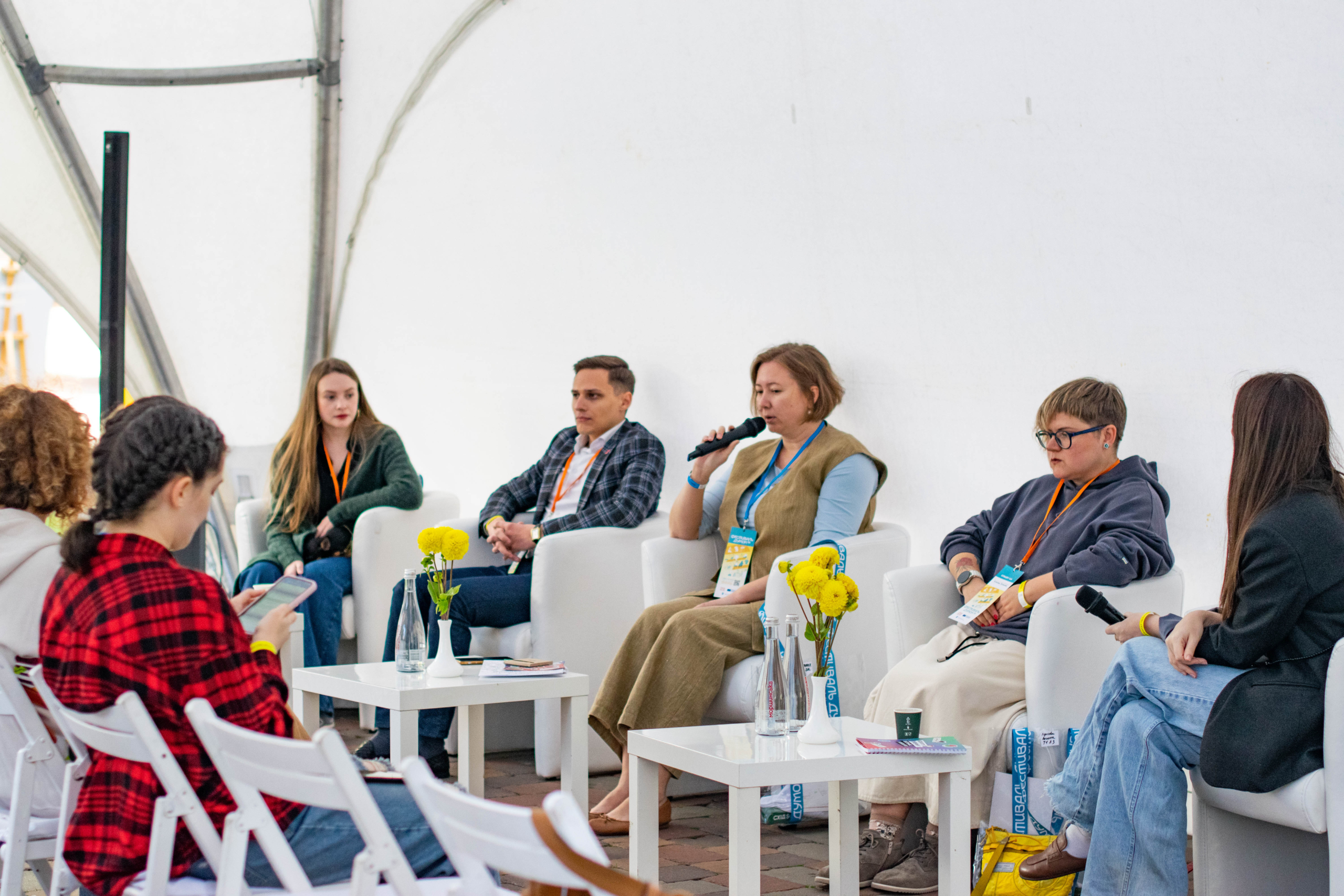
During the discussion, human rights defenders emphasised that Ukraine is increasingly less likely to include the issue of occupation among its priorities, even though Russia continues to destroy the ties between residents of the temporarily occupied territories and the territory under its control.
Alena Lunova, Advocacy Director of the Human Rights Centre ZMINA, emphasised that many of the problems related to the TOT issues stem from the state’s lack of vision regarding the occupied territories: “We must accept the fact that there is life in the TOT and work with that: recognise documents, talk about the realities of occupation, change public narratives. People who leave the TOT and consciously choose Ukraine should receive support, because they are part of our common future”.
The Head of the Crimean Human Rights Group, Olha Skrypnyk, emphasised that the authorities’ interest in the problems of the temporarily occupied territories is waning, particularly due to military and financial challenges: “We must integrate the issue of occupation into state programmes, including those involving young people and children from the temporarily occupied territories, and engage donor mechanisms to encourage the state to take action“.
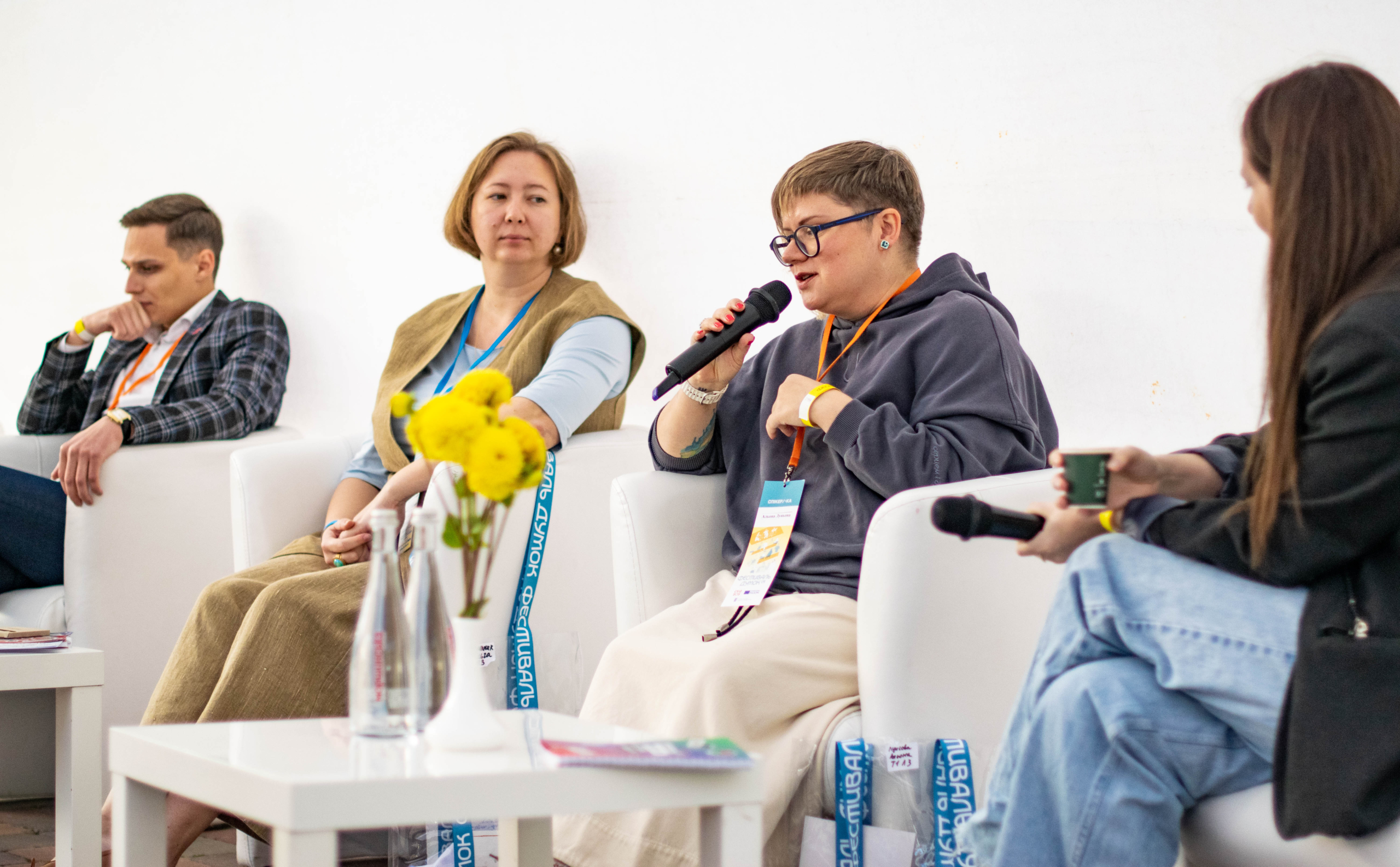
Taiia Avram, Legal Analyst of the NGO Donbas SOS, drew attention to the value dimension: “When the state adopts policies, it is often clear that it does not understand how people in the most vulnerable situations live. The question is what needs to be done to finally start seeing them and taking them into account in decisions“.
Senior Lawyer of the Charitable Foundation EAST-SOS, Yaroslav Taranets, emphasised that Ukraine cannot afford to lose the young people and children who remain under occupation. In his opinion, the state should take a strategic view of young people, planning policies 10–15 years in advance.
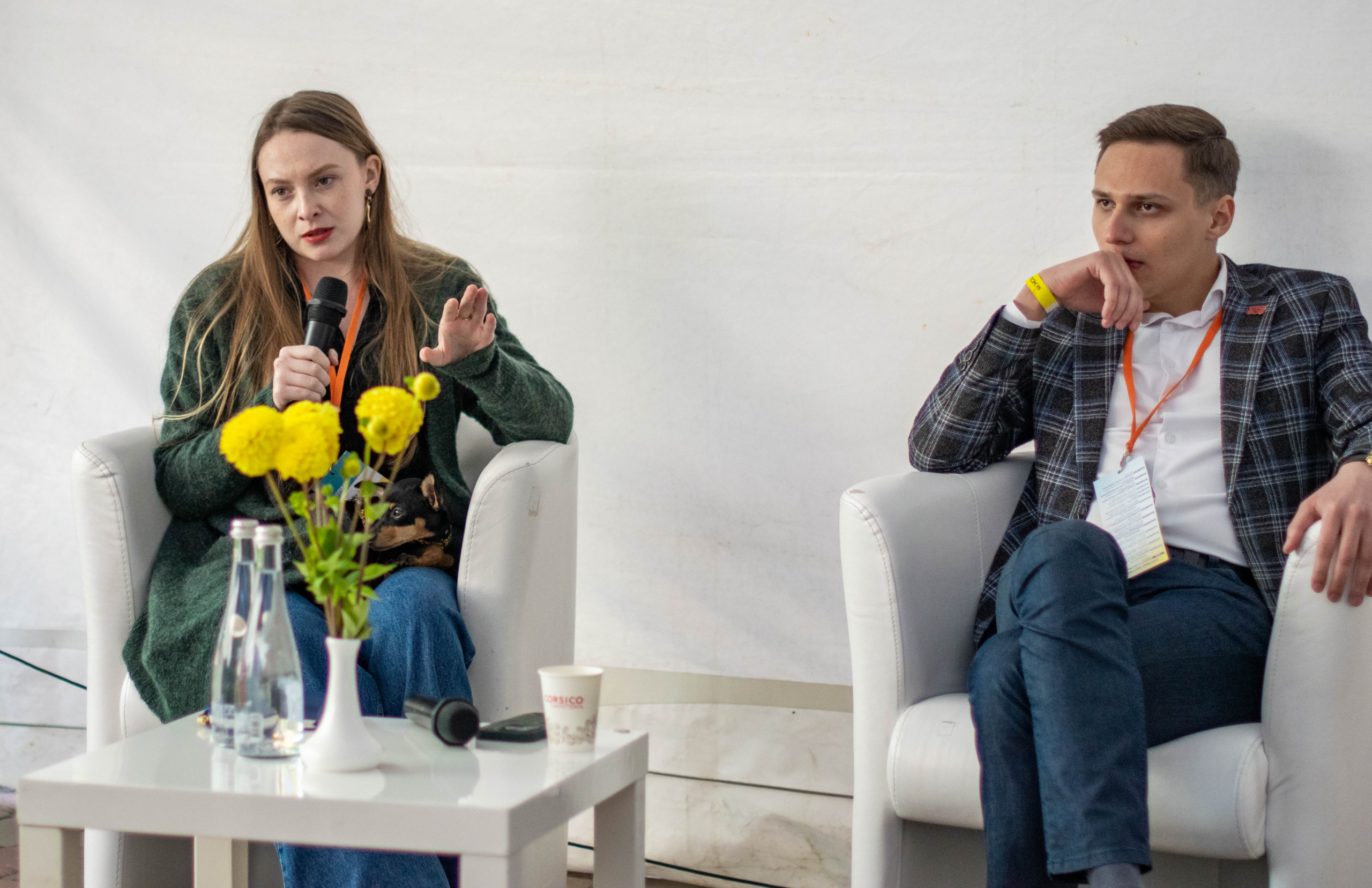
The discussion showed that without a systematic vision, political will and a change in public opinion, protecting the rights of people in the occupied territories will remain a challenge. At the same time, civil society insists that these issues must be integrated into the Ukrainian and international agenda.
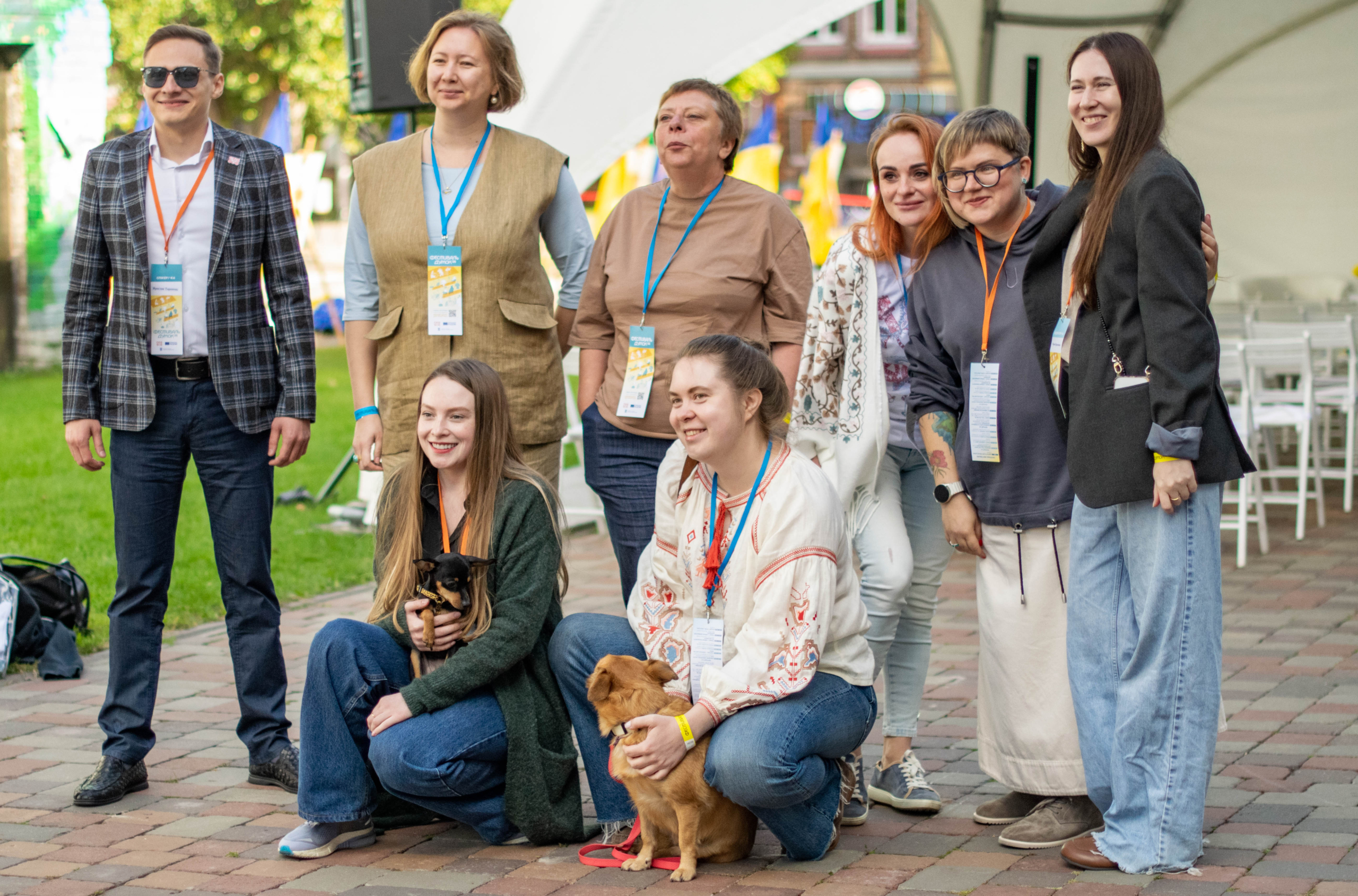
The Charitable Foundation EAST-SOS organised the festival with the support of the Estonian Ministry of Foreign Affairs and as part of the project “Support for War-Affected Vulnerable Groups and Residents of Remote Areas of Ukraine” with financial support from the EU. The media partners of the festival were “Eastern Variant”, “Rubryka”, “Window of Recovery”, Free Radio, Hromadske Radio, Radio “Nakypilo” and “Tochka skhodu”.

If you have found a spelling error, please, notify us by selecting that text and pressing Ctrl+Enter.















